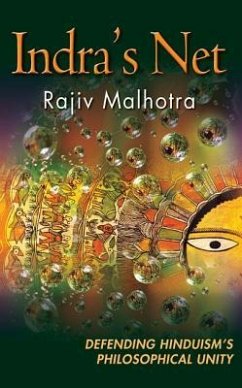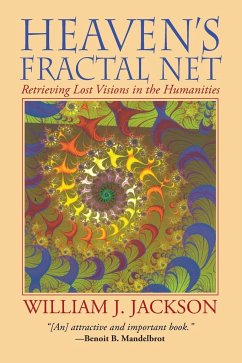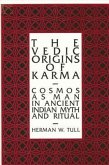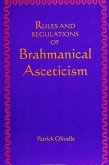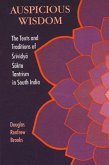Originating in the Atharva Veda, the concept of Indra's Net is a powerful metaphor for interconnectedness. It was transmitted via Buddhism's Avatamsaka Sutra into Western thought, where it now resides at the heart of post-modern discourse. According to this metaphor, nothing ultimately exists separately by itself and all boundaries can be deconstructed. This book invokes Indra's Net to articulate the open architecture, unity and continuity of Hinduism. Seen from this perspective, Hinduism defies pigeonholing into the traditional, modern and post-modern categories by which the West defines itself; rather, it becomes evident that Hinduism has always spanned all three categories simultaneously and without contradiction.It is fashionable among intellectuals to assert that dharma traditions lacked any semblance of unity before the British period, and that the contours of contemporary Hinduism were bequeathed to us by our colonial masters. Such arguments routinely target Swami Vivekananda, a key interlocutor who shattered many deeply rooted prejudices against Indian civilization. They accuse him of having camouflaged various alleged 'contradictions' within traditional Hinduism, and charge him with having appropriated the principles of Western religion to 'manufacture' a coherent and unified worldview and set of practices known today as Hinduism.Indra's Net: Defending Hinduism's Philosophical Unity provides a foundation for theories that slander contemporary Hinduism as illegitimate, ascribing sinister motives to its existence, and characterizing its fabric as oppressive. Rajiv Malhotra offers a detailed, systematic rejoinder to such views, and articulates the multidimensional, holographic understanding of reality that grounds Hindu dharma. He also argues that Vivekananda's creative interpretations of Hindu dharma informed and influenced many Western intellectual movements of the post-modern era. Indeed, as he cites with many insightful examples, appropriations from Hinduism have provided a foundation for cutting-edge discoveries in several fields, including cognitive science and neuroscience.
Hinweis: Dieser Artikel kann nur an eine deutsche Lieferadresse ausgeliefert werden.
Hinweis: Dieser Artikel kann nur an eine deutsche Lieferadresse ausgeliefert werden.

